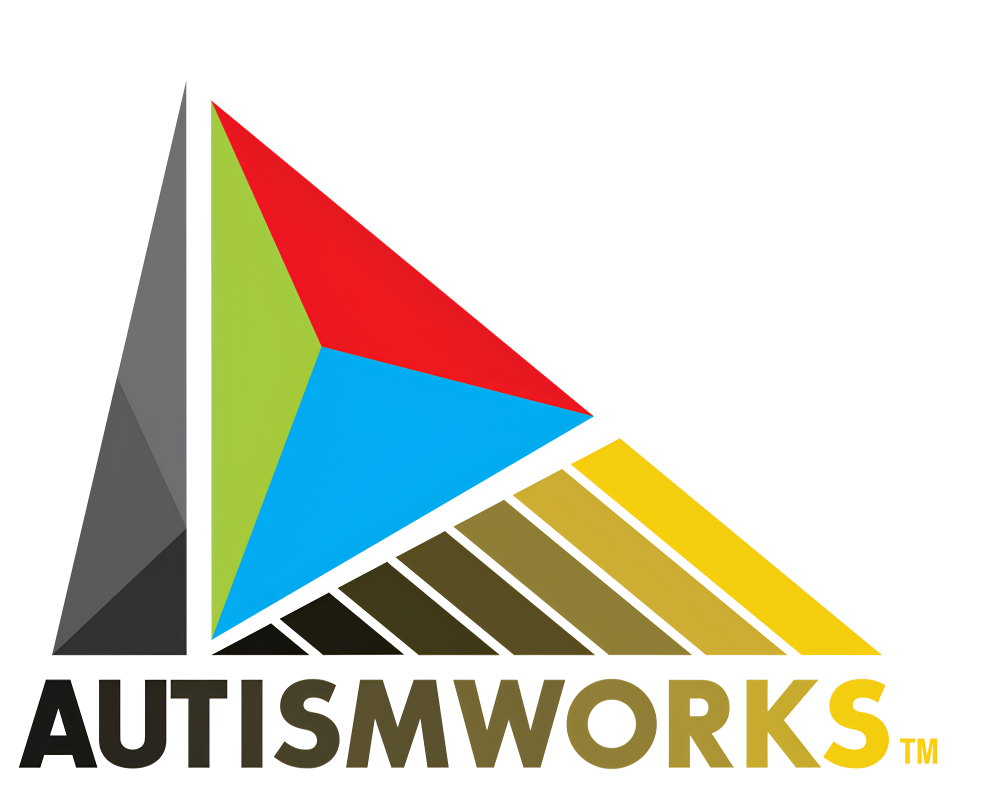The Quiet Learner: How Observation Builds Understanding
Hello AutismWorks Community,
Not every voice is loud. Not every form of learning is visible. For many individuals with autism, quietness isn’t emptiness—it’s awareness. It’s a moment of watching, processing, and absorbing. While others are speaking, moving, or reacting, those who are quiet are often gathering everything they need to understand the world around them.
Take it from me—I’ve spent a lot of my life observing. I may not always say much, but that doesn’t mean I’m not learning. I take in what works, what doesn’t, what people do, and how they react. I store it. I apply it. And I grow.
The Power of Being Quiet
In a world that often rewards those who speak the loudest, the quiet observer is sometimes overlooked. But silence isn’t a lack of ability—it’s a different way of connecting.
Quietness allows for:
-
Focused Observation – Picking up on details others might miss.
-
Thoughtful Processing – Taking time to understand before reacting.
-
Emotional Regulation – Using silence as a way to manage sensory input and emotional energy.
-
Strategic Learning – Watching how situations unfold and learning what to do—and what not to do.
What Quiet People Are Doing
If you see someone with autism sitting quietly, they might be doing a lot more than it seems.
They may be:
-
Noticing facial expressions, tone of voice, or body language.
-
Watching how people solve problems or handle conflict.
-
Paying attention to what brings joy or what causes stress in others.
-
Absorbing routines, patterns, and unspoken rules.
Even if they don’t speak up right away, they’re building a rich inner world filled with insight and understanding.
Why Quiet Doesn’t Mean Inactive
Quietness is often misunderstood. People might assume that someone who doesn’t speak or act isn’t engaged. But the truth is—quiet learning runs deep.
-
It’s reflective – Silent moments are filled with internal processing.
-
It’s deliberate – Actions and responses may come slower, but they are often more thoughtful and meaningful.
-
It’s underestimated – Quiet learners may surprise you with the depth of what they’ve picked up over time.
How to Support the Quiet Ones
Whether you’re a parent, teacher, friend, or caregiver, here’s how you can support someone who learns through quiet observation:
-
Give Space for Silence – Don’t rush to fill the quiet moments. Let them breathe.
-
Recognize Growth in Nonverbal Ways – Celebrate understanding, even when it’s shown through actions rather than words.
-
Ask Open-Ended Questions – Give room for expression without pressure.
-
Model and Narrate Behavior – Since quiet learners are watching, showing positive actions can go a long way.
Quiet is Powerful
Being quiet isn’t a weakness. It’s a strength that allows for deep observation, careful thinking, and meaningful understanding. Many individuals with autism learn in this quiet way—not by speaking out, but by looking in.
So if you or someone you know is the quiet one in the room, know this: silence is not the absence of learning. It’s often the space where the deepest learning happens.
Warm regards,
Tyler McNamer



Responses